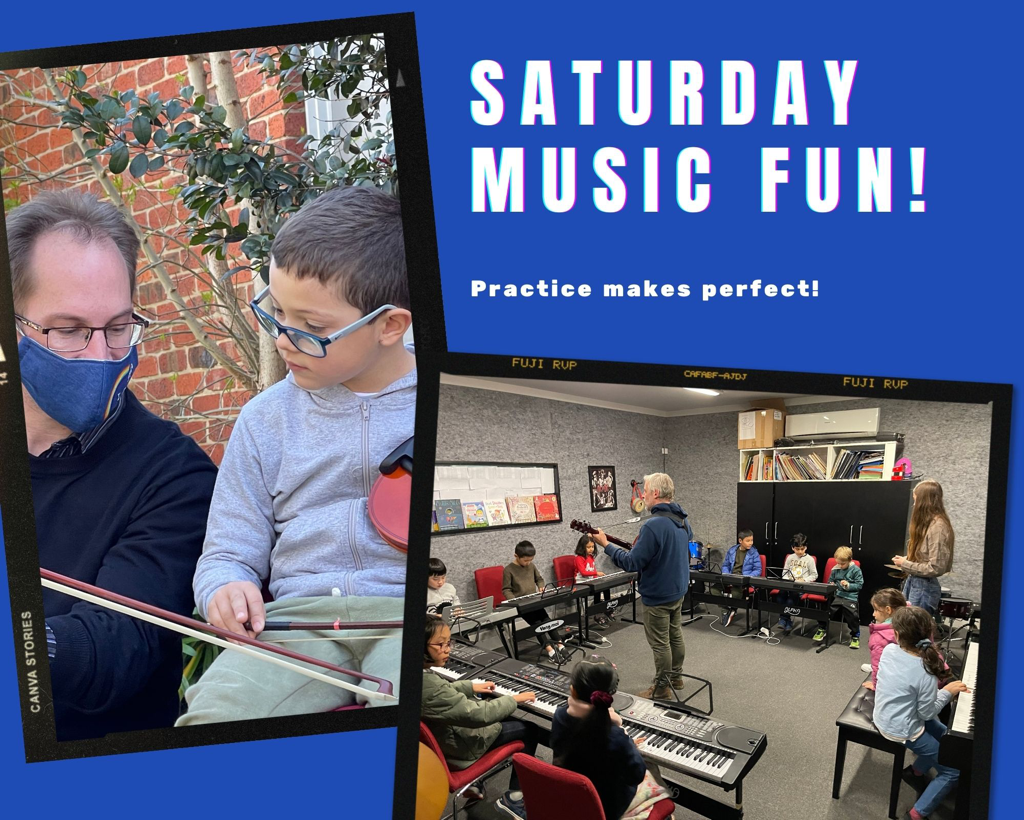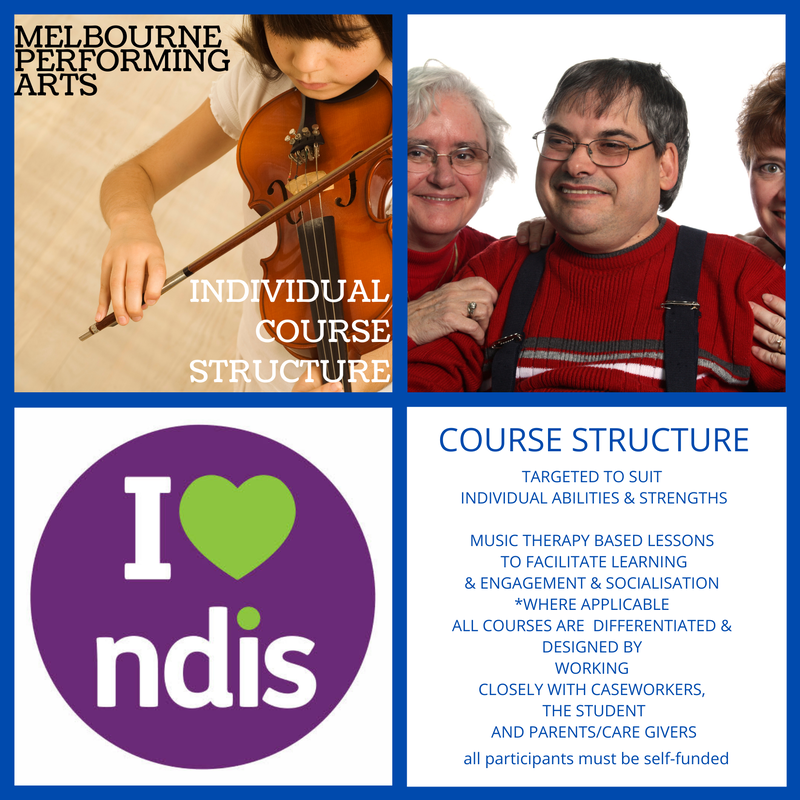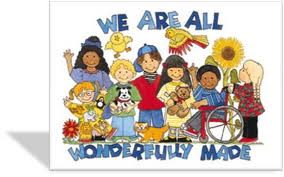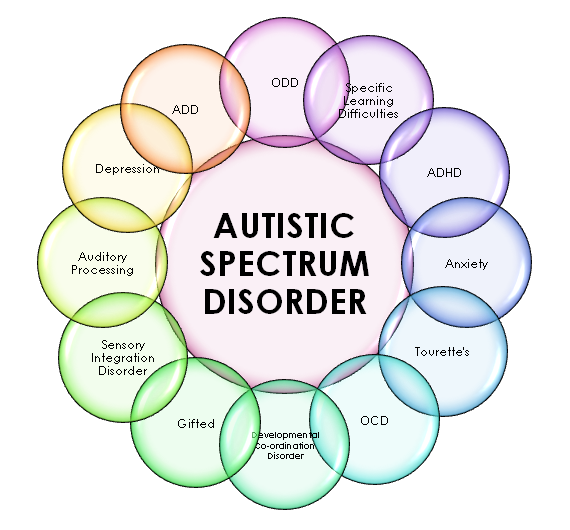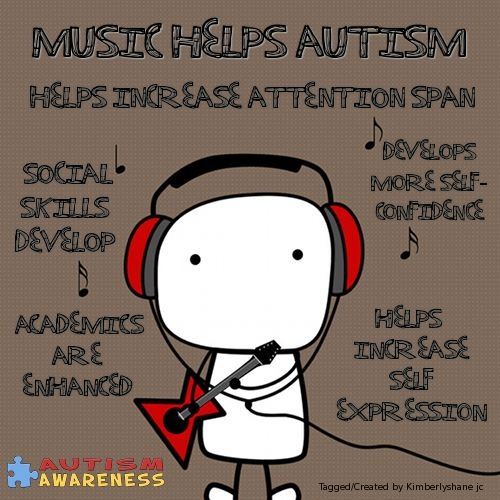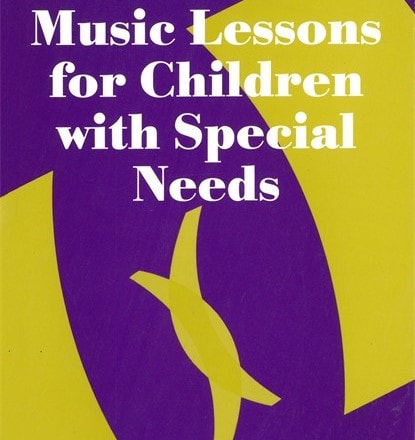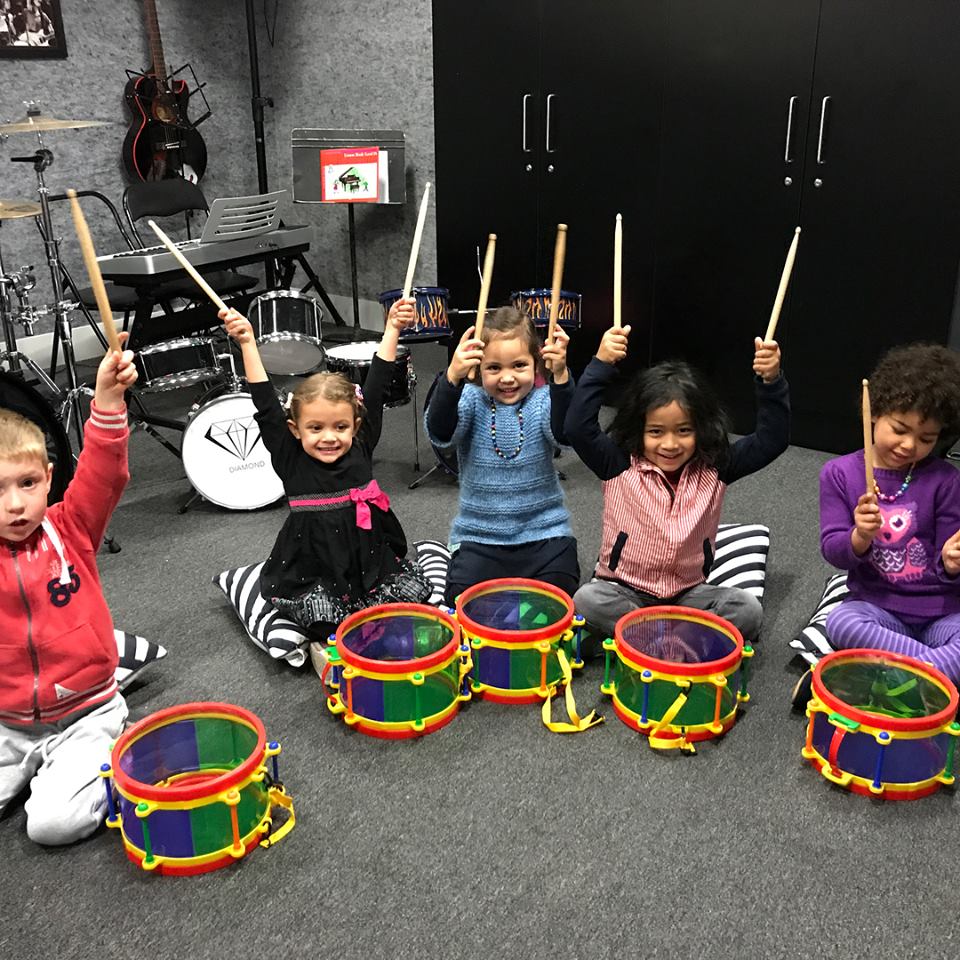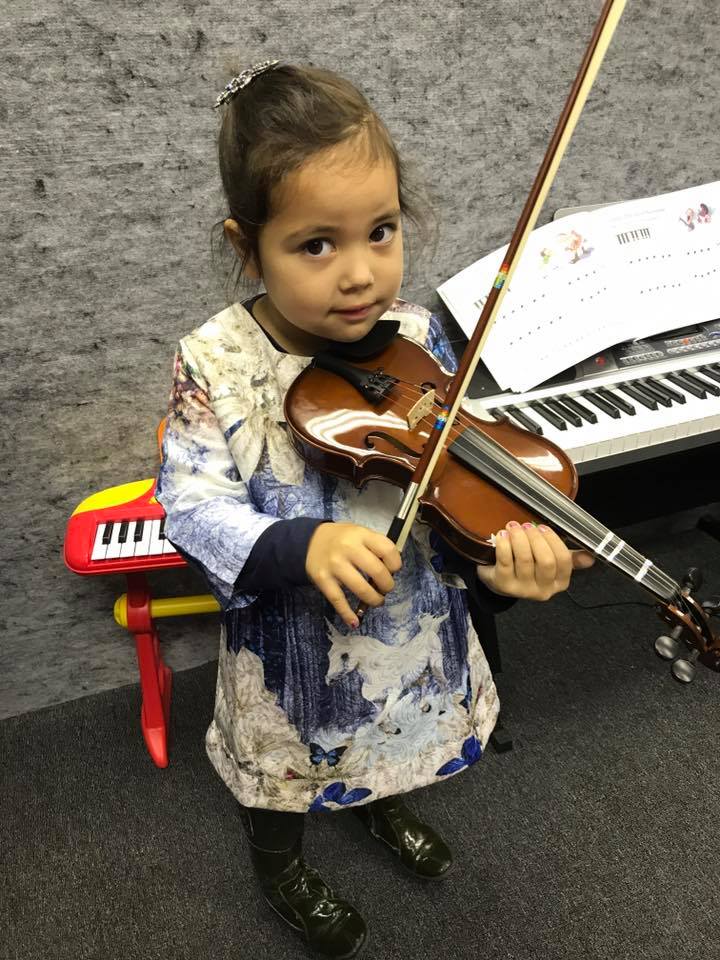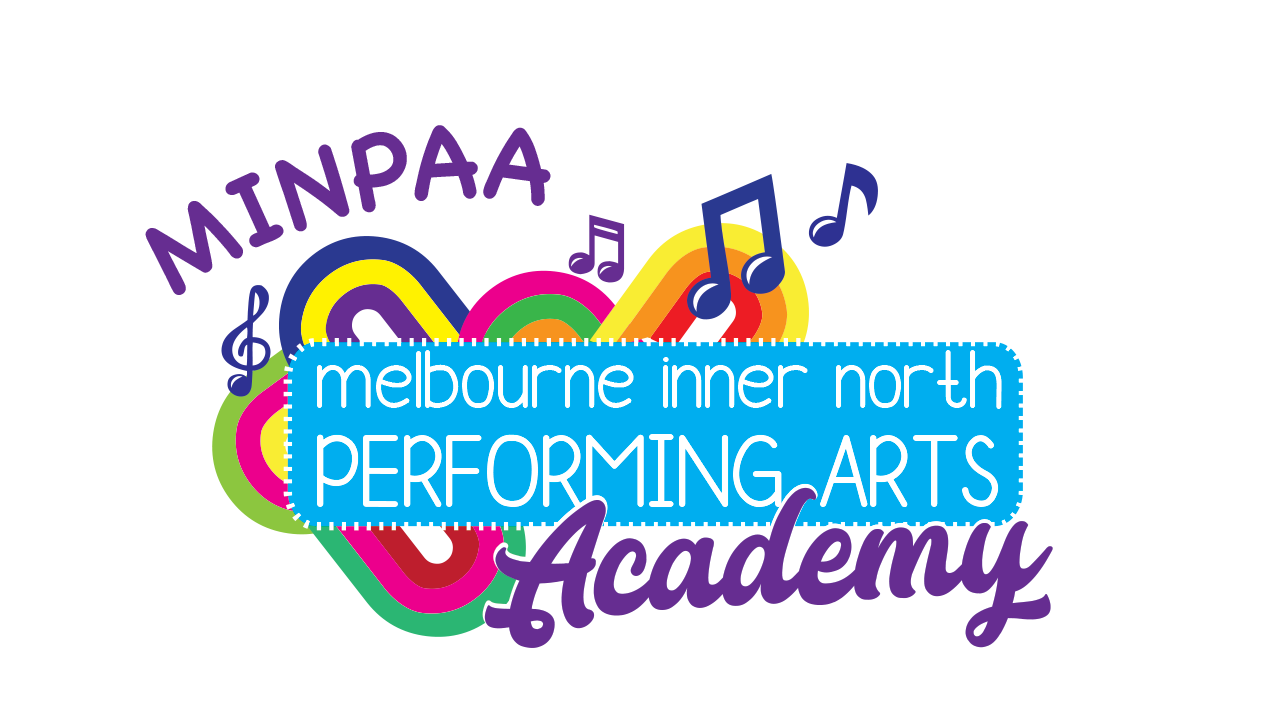MUSIC CLASSES FOR STUDENTS WITH DIVERSE NEEDS
Our Music teachers teach people how to sing or play instruments and if you are self-funded, your lessons may be funded under Capacity Building, Increased Social and Community Participation and Essential Supports
All of our wonderful program are designed to support the diverse needs of all students and their carers, no matter how diverse their abilities may be. Music is a wonderful way to learn how to self-regulate, openly express feelings, increase attention and focus, and improve emotional intelligence
TEENAGE MUSIC CLASSES FOR STUDENTS WITH DIVERSE NEEDS
This wonderful program is designed for teenage students and their carers, no matter how diverse their abilities may be. Music is a wonderful way to learn how to self-regulate, openly express feelings, increase attention and focus, and improve emotional intelligence
How music can make a difference for students with diverse needs
Music is known to stimulate both hemispheres of our brain, particularly when a teacher uses a song or instrument to stimulate cognitive learning.
Children build self-awareness and improved relationships by sharing music with others. It allows children to interact more easily with others by ncommunicating through music
Singing & Listening
our interpretation of lyrics and sound also facilitates communication.
for students with autism, this could mean learning lyrics, or understanding how to act in a social situation. This can be achieved by incorporating messages hidden in song lyrics.
Although autism can create social barriers, by experiencing music and being involved in small musical groups, students are more likely to develop confidence enough to engage with others, sing, or dance with others.
This is achieved by stimulating their sensory systems, and enhancing their fine motor skills.
We gladly accept students from the Ndis and have wonderful group and individual classes
Music is known to stimulate both hemispheres of our brain, particularly when a teacher uses a song or instrument to stimulate cognitive learning.
Children build self-awareness and improved relationships by sharing music with others. It allows children to interact more easily with others by ncommunicating through music
Singing & Listening
our interpretation of lyrics and sound also facilitates communication.
for students with autism, this could mean learning lyrics, or understanding how to act in a social situation. This can be achieved by incorporating messages hidden in song lyrics.
Although autism can create social barriers, by experiencing music and being involved in small musical groups, students are more likely to develop confidence enough to engage with others, sing, or dance with others.
This is achieved by stimulating their sensory systems, and enhancing their fine motor skills.
We gladly accept students from the Ndis and have wonderful group and individual classes

